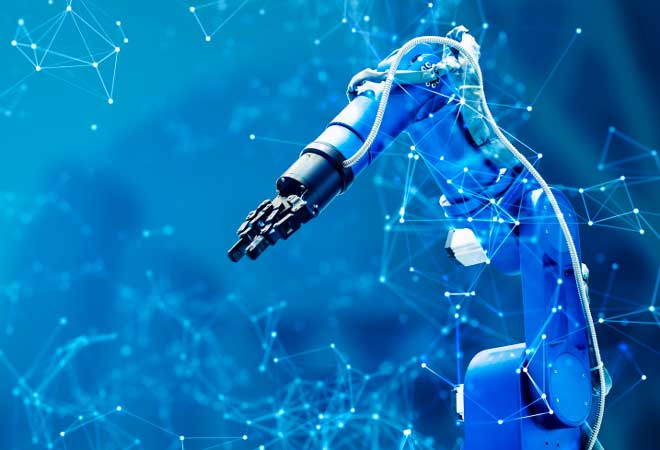One hundred years ago, Karel Čapek coined the word "robot". Now a robot has written a play dedicated to Čapek himself.
Fantastic movies about the future at the end of the last century often have a story about new-age robots in the plot. Usually, artificial intelligence begins to operate on Earth despite its owners, people. And as is often the case, scenarios are transferred from paper to real life. Before humanity could even blink an eye, robots became an everyday occurrence.
Artificial intelligence is everywhere: from your browser's search engine to the social network LinkedIn, where an invisible hand helps you find candidates for jobs and bring potential employees and employers together. But there are already professions where artificial intelligence has come close to human intelligence.
Robots have replaced journalists
The move to artificial intelligence is about streamlining the workflow, not cutting staff because of the coronavirus pandemic. That is how Microsoft commented on the dismissal of about 20 journalists.
It is known that Microsoft decided to dismiss employees who filled the news feed of the MSN site – they will be replaced by artificial intelligence. In recent months, Microsoft has been betting on artificial intelligence, motivating its employees to apply it in various spheres of work. For example, Microsoft uses artificial intelligence to scan news and automatically filter and select illustrations quickly.
Robot designers
Another area that artificial intelligence has taken a swing at is design art. It is indicative that artificial design intelligence can do creative work - designing unique logos and creating an identity based on them.
In addition, it turned out that artificial intelligence spent a year designing logos for real customers, including famous bloggers, cafes, bars, apps, and mass consumption products. It had already completed more than 20 commercial projects, but the clients had no idea that a robot created the logos they received.
Robot Writer
Artificial intelligence has also nearly won a literary prize before. In 2019, researchers from Hakodate University of the Future used artificial intelligence to write a novel that made it to the Hoshi Shinichi Literary Prize finals.
The set of inputs, defined by the scientists in advance, included:
• The gender of the main characters.
• A description of the plot.
• A bunch of phrases and sentences to be used when writing the work.
The program then independently generated the novel's text, which was named "The Day the Computer Will Write the Novel." The book's text, which was nominated for the literary contest named after the Japanese science fiction writer Hoshi Shinichi, was accepted for consideration by the jury. Of the 1,450 submissions, 11 were written using various text-generating programs, but after four elimination stages, only one novel written using artificial intelligence made it through to the final selection. The jury was unaware that the novel's author was a robot.
According to Japanese writer Hase Satoshi, "The Day the Computer Will Write a Novel" is exceptionally well written. Nevertheless, the writer noted some shortcomings in the text written by a machine - in particular, imperfect character development.
Robot screenwriter
A century ago, the word "robot" was introduced in a play by Czech author Karel Čapek, which tells the story of robot factory workers meant to serve humans. Now, the robot himself wrote the play for the 100th anniversary of the premiere of Karel Čapek's play.
"It's a kind of futuristic Little Prince," says playwright David Koschnak, who directed the script. Like the classic French children's book, the 60-minute play is about a character's (this time a robot) journey into the world to learn about society, human emotion, and even death. The space is staged in Czech; the online version has English subtitles. Ironically, the online stream of the play was interrupted by rather long buffering pauses. The play itself chaotically touches on loneliness, love, and sex.
You can read more information this link.




